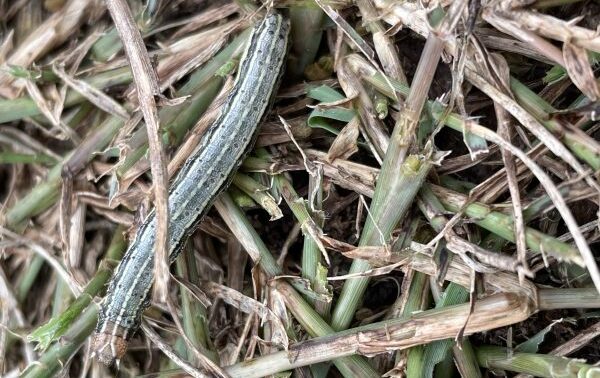
Scott Stewart, a professor in the Department of Entomology and Plant Pathology, sheds light on fall armyworms and strategies for their control in a recent article published on The Conversation.
The fall armyworm (Spodoptera frugiperda) poses a significant annual challenge, invading lawns and fields across the United States. Known for their destructive feeding habits, these invasive species cause extensive damage by chewing holes in leaves, thereby threatening agricultural productivity and ecosystem balance.
Contrary to popular perception, fall armyworms are not worms but striped caterpillars. Stewart clarifies this misconception, emphasizing the importance of accurate identification for effective pest management.
In his insightful discussion, Stewart highlights the rapid lifecycle of fall armyworms, which spans approximately 30 days in the summer and doubles in duration during the fall and spring seasons. Understanding this lifecycle is crucial for implementing timely control measures and mitigating the impact of infestations.
To access the full article on fall armyworms and control strategies, visit www.theconversation.com/the-fall-armyworm-invasion.
